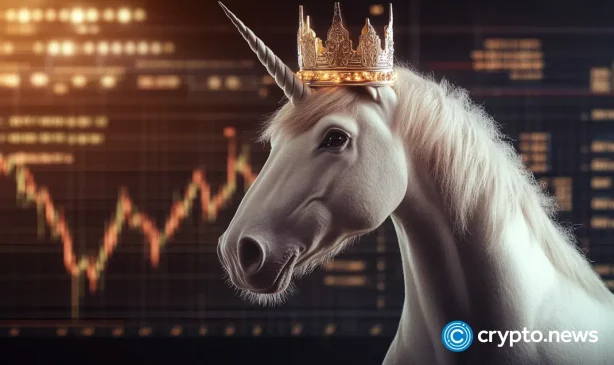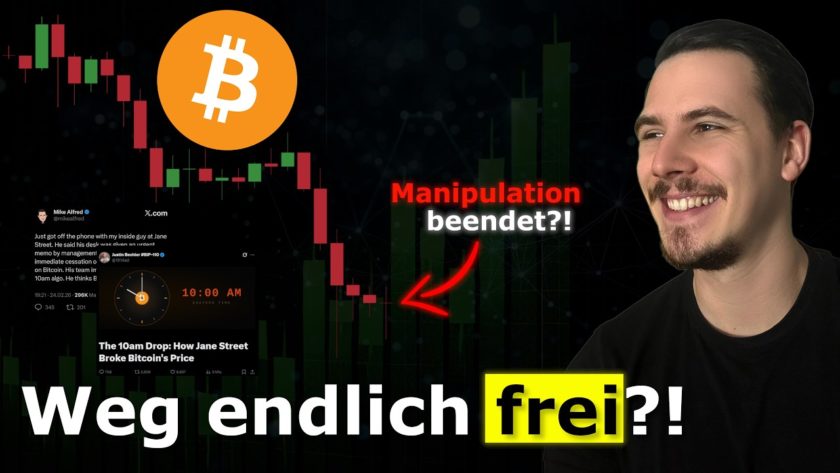As Solana meme coin scams increase, Animoca Brands has released a public notice about the compromise of co-founder Yat Siu’s X account.
The official statement makes clear that recent claims regarding the launch of the $ANIMOCA token or NFT on the Solana blockchain, which was attributed to Animoca Brands, were the result of malicious activity by the hacker. Kenta, a crypto game streamer, conducted the investigation first.
The Hong Kong-based game software company said that, as of now, there is no official token or NFT launch associated with Animoca Brands and urged the users not to engage with the compromised account. Animoca Brands has promised further updates once the account is restored.
Yat Siu and David Kim founded Animoca Brands Corporation in 2014. The company originally focused on developing mobile games but shifted its focus in 2018 to blockchain gaming and non-fungible tokens, becoming a key player in the Web3 space.
Vulnerabilities on the Solana blockchain
This is not the first time that Solana blockchain has been the victim of a scam. Solana’s infrastructure makes users prone to specific vulnerabilities. A recent case brought by the U.S. Department of Justice shone a light on this issue, with the Justice Department charging two California men, Gabriel Hay and Gavin Mayo, with running NFT rug pulls on Ethereum and Solana that cost buyers over $22 million. Such rug pulls included touting fake NFT projects like Vault of Gems and Faceless and fleeing with investors’ money. The case is the largest NFT fraud the DOJ has prosecuted. Further, Drake, the Canadian singer, also had his account compromised to promote Solana-based meme coin Anita.
Why is Solana vulnerable to scams?
While Solana’s architecture may have been designed for efficiency, it introduces a number of risks that render it more susceptible to scams compared to other networks. The token account structure Solana uses lets attackers reassign ownership of assets with the right missed command, leaving funds virtually unrecoverable.
Also, Solana’s one-step transaction approval—versus Ethereum’s multiphase allowance of contract functions—can result in instant and irreversible losses once a malicious transaction is authorized. The platform’s capacity to group multiple sub-transactions into one approval also compounds the risk of unseen thefts.
Scammers also take advantage of Solana’s Durable Nonce capability to postpone the implementation of fraudulent operations, evading alerts and surprising victims. This, along with users’ ignorance of the unique operational hazards of Solana, results in it being a prime target for scams.



